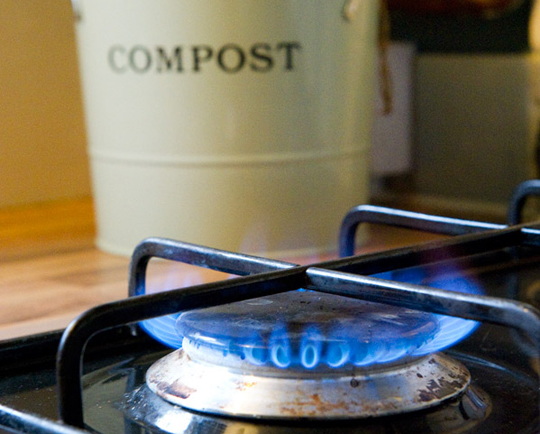Household Bills
Energy price cap to fall this summer but switch now to save £300

Millions of households will see gas and electricity bills come down from April as the energy price cap has fallen off the back of lower wholesale costs. But households shouldn’t wait to get a better deal.
Around 11 million households on pricey default tariffs will save an estimated £17 a year after energy regulator Ofgem announced the energy price cap will drop from £1,179 to £1,162 a year.
The four million households on pre-payment meters will also see bills falls by £17 as the current £1,217 limit will be cut to £1,200 between 1 April and 30 September 2020.
The energy price cap is set bi-annually and limits how much suppliers can charge for each unit of gas and electricity for customers on standard variable (default) tariffs and pre-payment (safeguard tariff) meters.
While it sets a maximum price suppliers can charge, it’s not a maximum bill. The amount customers pay is based on estimates of a typical household’s use.
Ofgem said a large part of the reduction to take effect over summer was fuelled by wholesale prices continuing to fall and a strong supply of gas.
These reductions offset increasing operating costs, network charges, smart meter costs and environmental schemes.
Switch to save
An estimated £1bn was saved on energy bills last year due to the energy caps.
However, millions of households are still paying over the odds for their energy. By switching to the best deal on the market, billpayer’s could save around £300 a year, according to Ofgem.
But Alex Dickson, head of research at auto switching site Switchcraft, said consumers can save even more and sadly, many are mistaken in thinking the cap protects them from overpaying their energy.
He said: “The gap between the default price cap and market leading energy deals is as wide as it’s ever been. A full £375 separates Ofgem’s new ceiling price from the cheapest deal available to consumers today. And with wholesale energy prices continuing to fall, we can only expect this gap to grow.
“Instead of encouraging consumers to engage the market, the cap is a voice that says ‘don’t worry, you can’t be overcharged anymore.’ A better solution would be to ban suppliers from calling default tariffs names like ‘flexible,’ ‘basic’ and ‘simple.’ Consumers need to be told in the clearest possible language they’re out of contract; at the moment the opposite is happening.”
Ofgem added that this summer it will carry out a review for the Secretary of State on whether the default price cap should be lifted or extended past 2020.